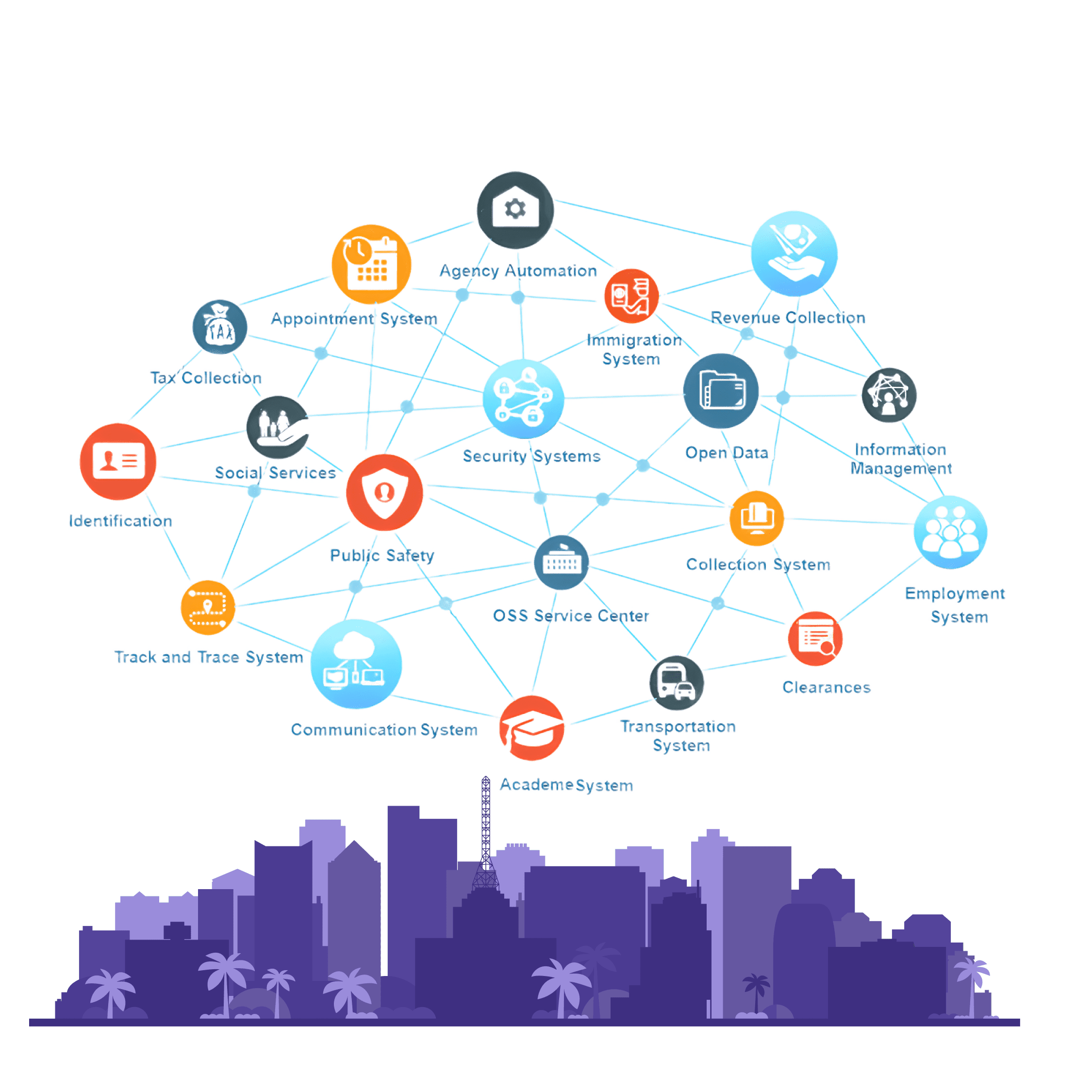Implementing robust identity verification processes not only enhances the security of government programs but also fosters trust among citizens. By ensuring that only eligible individuals access services, agencies can maintain the integrity of public funds and improve overall service efficiency. This transparency and reliability encourage greater participation and engagement from citizens, as they feel confident in the systems designed to protect their interests and benefits.

Government database verification is used to confirm an individual’s identity through PAN, Aadhaar, Voter ID, or other government-issued IDs, leveraging digital methods and biometrics to prevent fraud.
Investing in efficient identity verification solutions can lead to long-term savings by reducing fraud-related losses and lowering the costs associated with processing applications
Digital identity verification solutions can easily scale to handle increased volumes of applications, especially during times of crisis, such as public health emergencies or economic downturns.
A seamless identity verification process enhances the overall user experience, reducing friction during applications for government services and increasing overall satisfaction.
Advanced identity verification systems leverage machine learning and analytics to provide valuable insights into application trends and potential risk factors, enabling better decision-making.







Identity verification for government services refers to the processes used by government agencies to confirm the identity of individuals seeking access to public benefits and services. This may include verifying identities for tax filings, unemployment benefits, voting, and license renewals, ensuring that only eligible individuals receive these services.
Identity verification is crucial for government agencies as it helps prevent fraud, waste, and abuse of public funds. With sophisticated tactics on the rise, effective verification processes ensure that resources are allocated to qualified individuals, maintaining the integrity of public programs.
By utilizing advanced technologies like biometric checks and multi-factor authentication, identity verification systems can accurately confirm identities. This reduces the likelihood of fraudulent claims made by individuals using fake identities, thereby protecting public funds from illicit actors.
Common technologies include biometric verification (like fingerprints and facial recognition), multi-factor authentication, and AI-driven data analysis. These technologies enhance security and streamline the verification process while ensuring compliance with regulatory standards.
Government agencies use secure platforms that encrypt personal information, ensuring that data is protected during transmission and storage. Additionally, many identity verification solutions do not store data after verification, further safeguarding individuals’ privacy.
Agencies often encounter challenges such as outdated systems, a lack of skilled personnel due to workforce shortages, and the need for modernization. Integrating new technologies into existing frameworks can also present logistical and budgetary hurdles.
By streamlining the verification process, these technologies can reduce wait times and simplify onboarding procedures. A seamless user experience is essential, as it encourages individuals to complete applications and access services without unnecessary friction.
Yes, there are identity verification solutions specifically designed for government needs. These solutions cater to the unique challenges faced by agencies, offering features that enhance security, streamline processes, and ensure compliance with public sector regulations.
Many digital identity verification solutions are designed for easy integration with existing government platforms. This allows agencies to enhance their workflows without overhauling their entire IT infrastructure, ensuring a smoother transition to more secure processes.
Absolutely. Identity verification solutions can be customized to meet the needs of various government services, whether it’s for social welfare programs, tax collection, or public records management. This adaptability is crucial for effective implementation across diverse departments.
Identity verification processes typically utilize multiple data sources and cross-referencing capabilities to ensure accuracy. This may involve checking government-issued IDs against databases and employing machine learning algorithms to improve verification outcomes.
For remote services, agencies often rely on digital identity verification technologies that allow individuals to verify their identities online. This may include video identification, document verification through mobile apps, or real-time biometric checks to facilitate access from anywhere.
Individuals can expect to provide personal information, such as identification numbers or biometric data, during the verification process. The agency will then process this information using secure systems to confirm identity, typically resulting in quick feedback on the status of their applications.
If you're looking to enhance your product with more financial APIs, you've come to the right place. Check out the other products below.